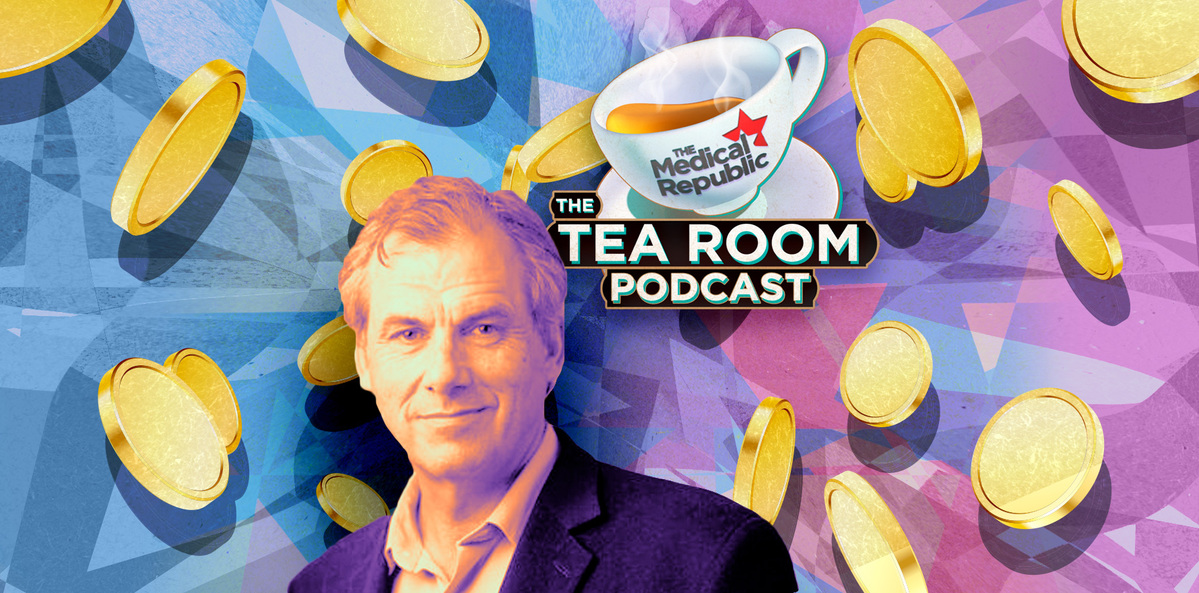There may be something rotten in the state of Denmark, but it certainly isn’t their healthcare system. That’s the dream we should be chasing.
Professor Rob Moodie describes himself as “an eternal optimist”. He needs to be.
A long and distinguished career in public health has seen Professor Moodie tackle the “big four” industries – alcohol, tobacco, junk food, and fossil fuel – and these days he’s added a fifth to the list, gambling.
Those industries and corporate multinationals make up a large slice, but by no means all, of the commercial determinants of health – defined by Professor Moodie and his colleagues as “the products and practices of some commercial actors—notably the largest transnational corporations—[that are] responsible for escalating rates of avoidable ill health, planetary damage, and social and health inequity”.
In a recent series in the Lancet, Professor Moodie, Professor Anna Gilmore from the University of Bath in the UK and other colleagues set out to define, conceptualise and frame an argument for paying attention to the commercial determinants of health and rebalancing the distribution of the profits of capitalism.
Are Professor Moodie and his colleagues talking about the overthrow of capitalism?
“We’re talking about a much more responsible form of capitalism,” he tells TMR.
“[At the moment] these corporations, don’t pay the costs of their production and their consumption. Individuals and states pay the costs. And that means that money can’t be spent on other things like education or other forms of healthcare.
“They can completely externalise all the negatives, and they leave it for the rest of the society to pick up, literally what they’ve left behind. And that makes them more powerful.”
Doing nothing to correct the balance of power between corporations and society could be catastrophic, says Professor Moodie.
“We’ve grown up with an expectation, literally, that life expectancy will continue to increase, that our lives will get longer and better as we go grow older and that we’ll have a happier society,” he said.
“That notion of a fair go was built into our ethos, but it’s been disappearing over the last 15 to 20 years.
“We’ve watched all these indexes that are going the wrong way, whether it’s around childhood education, childhood development, sustainability, biodiversity, press freedom, peace index, quality of life index, quality of death index – in Australia we used to be really up there.
“This has been worn away.”
We need a shift in our mindset and where we look for inspiration, says Professor Moodie.
“We could go to the wrong place,” he said.
“The US is not a place to go for overall policy inspiration. We need to look to northern Europe or Scandinavia, where there’s a commitment to the society as a whole, and what that produces.
“The greater the equality, the better the health, and there’s a dictum that says if you want to live the American dream, go to Denmark.”
You can listen and subscribe to the show by searching for “The Tea Room Medical Republic” in your favourite podcast player.





